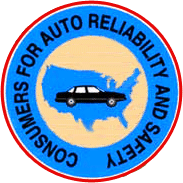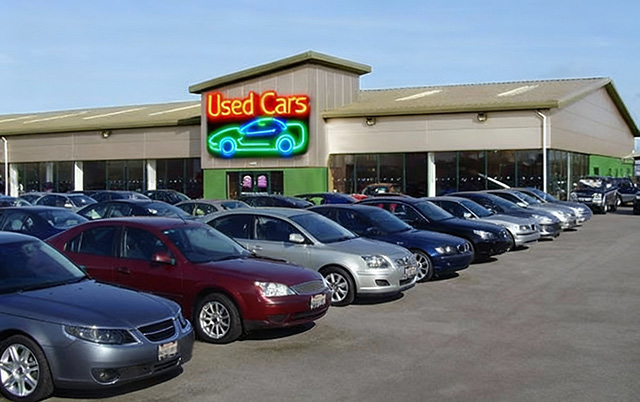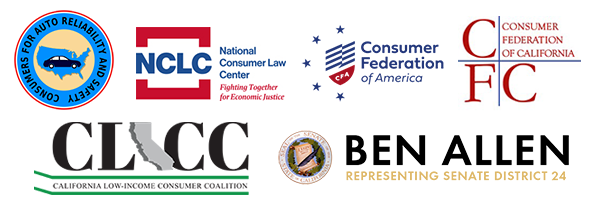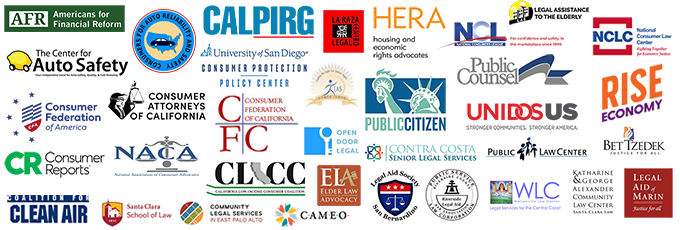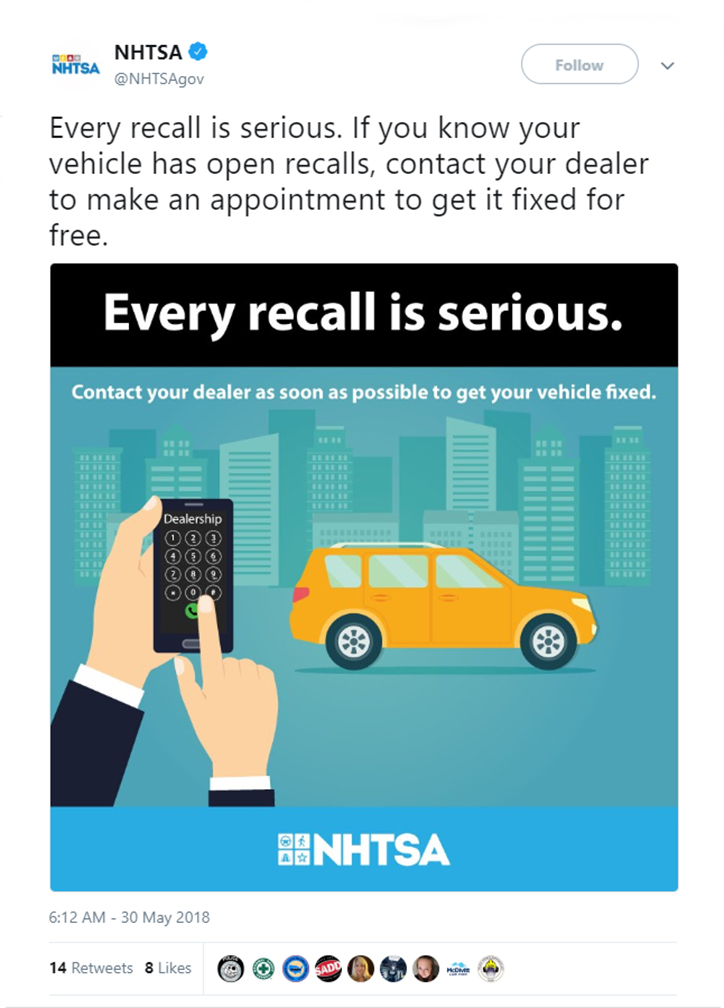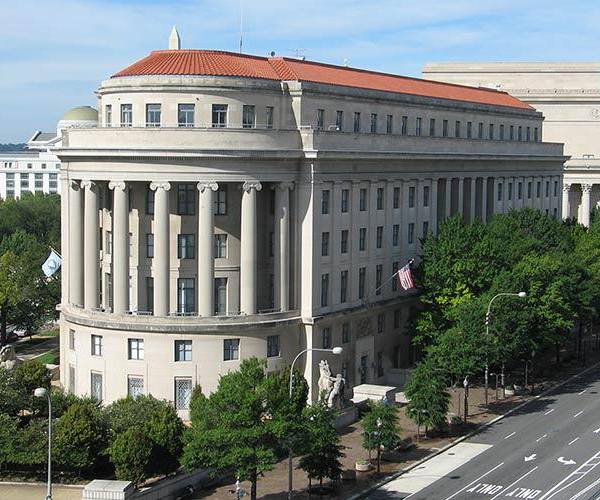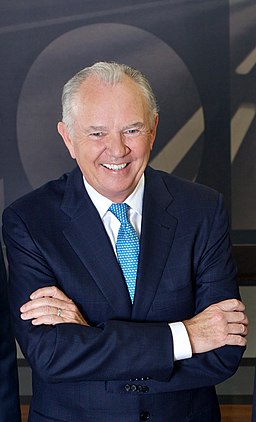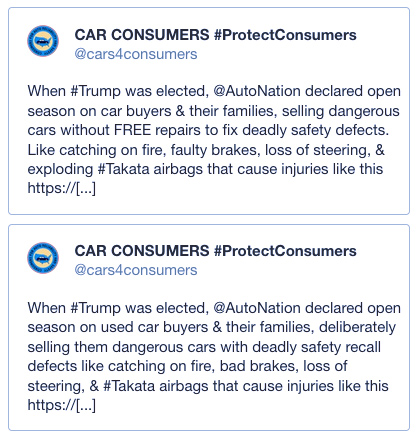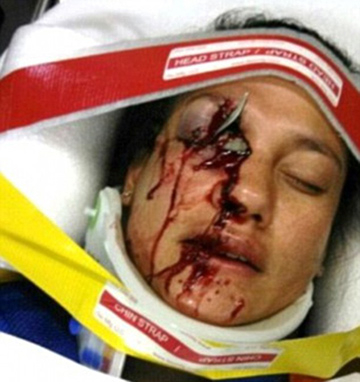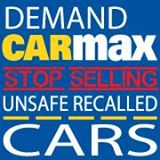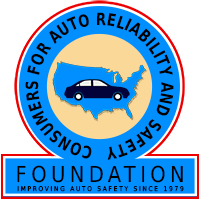
Consumer Protections for Car Shoppers
SACRAMENTO – Senator Ben Allen (D-Santa Monica) celebrated the signing of SB 766, the California Combating Auto Retail Scams (CARS) Act, in order to increase affordability and reduce the risk of purchasing a used vehicle in California.
"This bill will codify best-in-class protections for California car buyers – protecting folks from junk fees and imposing much-needed transparency on advertised car prices," said Senator Allen. "I'm very grateful to the Governor for recognizing the importance of this legislation. It'll make a real difference for consumers by making the car buying experience more fair and transparent."
Key consumer protections provided by this bill are modeled after the Federal Trade Commission's Combating Auto Retail Scams (CARS) Rule, which was overturned by the federal Fifth District court solely on procedural grounds in a split decision before the Rule could take effect. Under Trump's appointees, the FTC has not re-issued the Rule, despite projections from leading economists that estimate the Rule would save American car buyers $3.4 billion annually.
SB 766 adopts the FTC CARS Rule into state law, prohibiting car dealers from misrepresenting the price of the car while requiring them to be transparent about the full offering price and total payments. It also requires dealers to be transparent about add-on services or features that are optional, and prohibits them from charging for add-ons that will not benefit the consumer such as free oil changes for an electric vehicle.
Going beyond the FTC CARS Rule, SB 766 provides a first-in-the-nation 3-day return period to provide consumers time to catch issues that may not have been caught during a short test drive, as well as to mirror standard practices for sellers. Customers will be able to return their vehicle and receive a full refund, and dealers will be permitted to charge a reasonable restocking fee.
"We applaud Senator Allen's leadership in championing this landmark first-in-the-nation consumer protection legislation, and are thrilled that Governor Newsom signed it into law," said Rosemary Shahan, President of the non-profit consumer organization Consumers for Auto Reliability and Safety, which led the coalition in support of SB 766. "The California CARS Act is the most sweeping reform of protections for car buyers since the Car Buyers Bill of Rights was enacted in 2005. The 3-day cooling off period for used car buyers promises to be a game-changer."
The same economists who analyzed the FTC CARS Rule conservatively project that SB 766 will save California car buyers $234 million annually, and an additional 8.5 million hours of time annually that would otherwise be spent haggling, navigating bait-and-switch practices, and negotiating unnecessary and expensive add-on products that offer little to no value to consumers.
SB 766 will take effect on October 1, 2026 – a delayed implementation to allow car dealers to train employees and take needed steps to comply with the new law.
"This bill is a significant step forward for California consumers and for an industry that has been allowed to get away with outrageous sales tactics for far too long," said Ted Mermin, director of the California Low-Income Consumer Coalition. "Today, when you ask a car dealer how much a car costs, you're going to get a three-hour wait in an office. When the CARS Act takes effect, you're going to get a direct answer."
"This bill will help empower California car buyers to avoid being taken for a ride when they buy a new or used car," said Robert Herrell, Executive Director of the Consumer Federation of California.
"The CARS Act will protect millions of Californians from costly auto sales scams and make the car-buying experience easier and more transparent," said John Van Alst, senior attorney at the National Consumer Law Center and director of its Working Cars for Working Families project. "We applaud the work of Senator Allen, the California Legislature, and Governor Newsom, and encourage state legislatures across the nation to act to protect auto buyers."
"As the FTC abandons protections for car-buyers, it's great to see California stepping up to fight hidden costs and wasted time," said Sam Levine, Senior Fellow at Berkeley's Center for Consumer Law and Economic Justice, and former Director of the FTC's Bureau of Consumer Protection. "By requiring upfront prices and banning junk add-ons, the CARS Act will strengthen transparency and competition and save Californians money."
"It's great to see California stepping up to help fill the void at the FTC in protecting car buyers from predatory car dealers and lenders," said Erin Witte, Director of Consumer Protection for the Consumer Federation of America.





